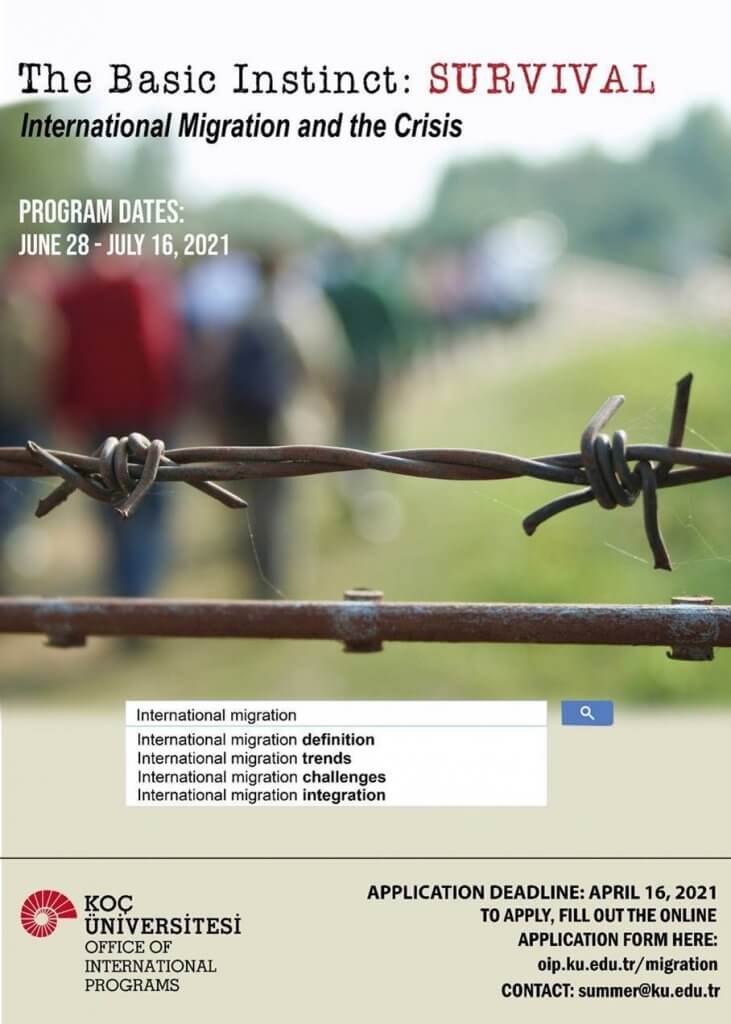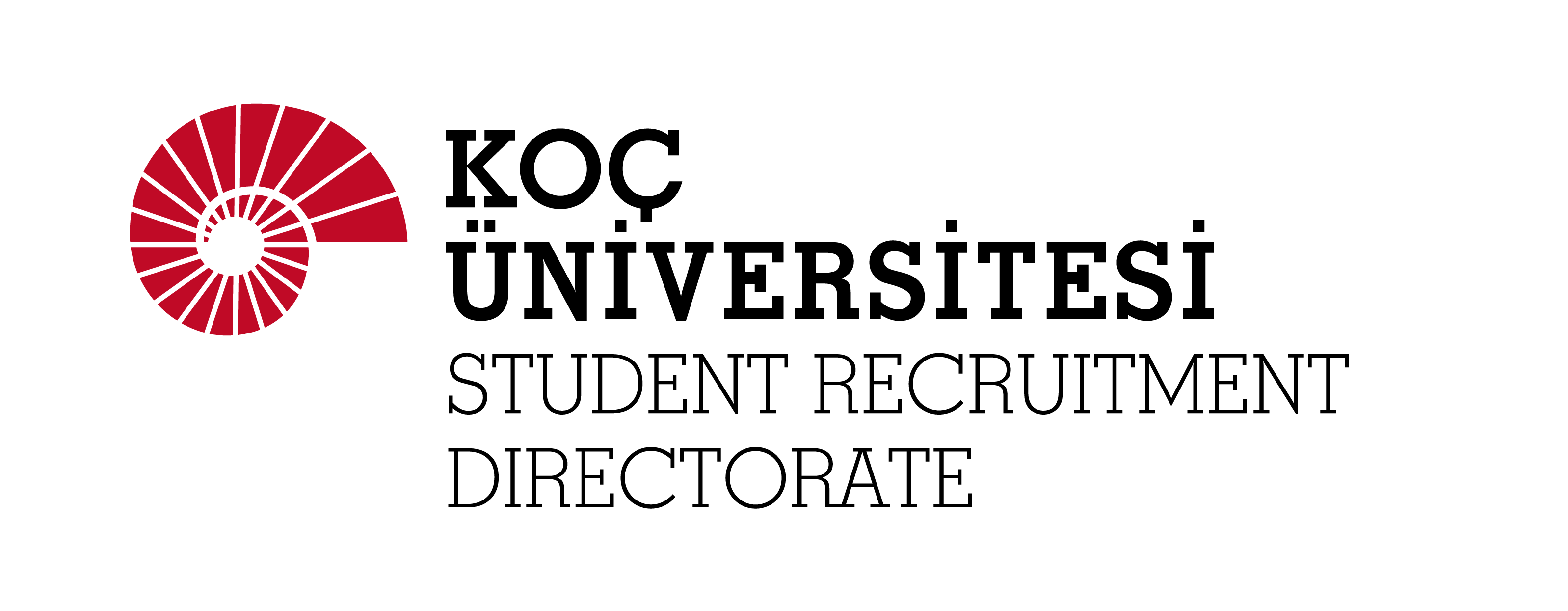December 30, 2020
International Migration and the Crisis – The Basic Instinct: Survival
International migration has become a major political issue worldwide. This course presents an overview of the main issues raised by the cross-border movements of people. It will introduce students to current trends in migration flows, to the different types of human mobility and the dynamics behind them, and to governments’ responses to the social, political, and legal challenges raised by international migration. The course material is organized to reflect on social issues such as social mobility, poverty, gender, inequality, and citizenship as they relate to different types of international mobility. Particularly, we will look at changing trends in global mobility, at theories explaining international mobility, forced migration, migrant integration; the impact of migration in sending and receiving societies, the basic methods used for analyzing migration-related issues. This course will not only seek to learn from, but also evaluate, critique, and expand existing methods. In addition, students will have the opportunity to develop their own professional thinking in this field.
Course Aim:
Taking the recent mass refugee movement as the case study, this course aims to offer participants an understanding of the complex and varied nature of global migration in general and forced migration in specific and their centrality to global, regional, and national processes of political, social and economic change and of the needs of displaced people themselves.
Syllabus
For face to face syllabus, please click here.
For the online syllabus, please click here.
On completion participants will:
- Develop a broad understanding of key concepts and debates in global migration.
- Gain skills in critical analysis and the ability to plan, organize, and carry out research into aspects of global migration as well as forced migration and refugees.
- Develop an ability to contribute new perspectives to the study of migration.
- Produce an investigative piece for a publication.
- Gain an understanding of the dilemmas facing policy-makers at both the national and international levels.
- Gain the ability to help transfer theoretical knowledge to policy-oriented research.
Pre-requisites:
- A background in the social sciences is not required. Koç University invites all interested students to apply, regardless of their background or major.
- A minimum of 2.5 GPA is required.
- The language of instruction is English. Students must hold a minimum of TOEFL PBT 550, TOEFL CBT 213, TOEFL IBT 80 or IELTS 6.5 (Not applicable to students applying from institutions whose medium of instruction is English).
Credits:
You will earn 6 ECTS credits and be given a certificate of participation at the end of the course.
Program dates: June 28 – July 16, 2021
***Due to Covid-19 precautions, this course may be arranged ONLINE instead of physical for summer 2021. This will be confirmed in the spring semester depending on the situation of COVID-19 around the World
For further information and application, please visit https://oip.ku.edu.tr/migration/.

